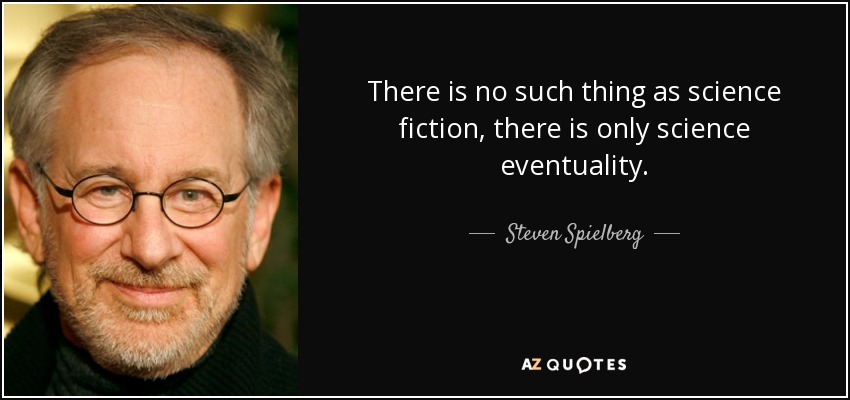Picture me this: a maths graduate student comes up with an amazing proof for one of the great unsolved problems in mathematics. He/she submits this to a supervisor, who checks it thoroughly and points out an error. On page 137, an extra minus sign popped into the proof out of nowhere, possibly from a typo or a markup error. “Bloody hell!” fumes the grad student to their SO. “I can’t believe such a wonderful proof got canned because of a technicality. It should definitely have been accepted.
Of course this strikes all of us as ridiculous because in the precise world of maths there’s no such thing as a technicality, there’s no such thing as a proof being right “in spirit” — it’s either right or wrong and the fact that the difference may rest on a single minus sign is just how it is. Here’s a perfect illustration:
When I was very young – I think thirteen or maybe fourteen – I thought I had found a disproof of Cantor’s Diagonal Argument…So I found this counterexample, and saw that my attempted disproof was false, along with my dreams of fame and glory…I resented the theorem for being obstinately true, for depriving me of my fame and fortune, and I began to look for other disproofs. And then I realized something. I realized that…I made a mistake. That was all. I was not really right, deep down; I did not win a moral victory; I was not displaying ambition or skepticism or any other wondrous virtue; it was not a reasonable error; I was not half right or even the tiniest fraction right. [Source]
But I think this idea actually extends much further — most of the time people are talking about technicalities or loopholes it’s a similar situation. Although legal systems aren’t exactly maths, people who talk about technicalities are making a similar mistake. This was pointed out to me by an old roommate when she was studying law. “I can’t stand it when people get upset about someone getting off on a ‘technicality’,” she said referring to populist ire against someone being acquitted of a crime because of say an illegal police search. “There’s no such thing as a technicality, it’s either legal or not.”
Yes, there are many legitimate debates about philosophy of law and the law is a human institution without the same level of preciseness of maths. Still, I can’t see a distinction between a ruling made on a technicality and a ruling made on “real” legal issues. Of course when someone complains that a defendant was acquitted because of the “technicality” of an illegal search, they are saying that how the search was conducted is a trivial matter that should not have affected the legal outcome. But I suspect in most of these cases, such a person simply hasn’t thought about the reasoning behind the “technicality” for more than 5 seconds. At the very least, the rhetoric should be adjusted to saying “this person was acquitted for poor reasons and therefore the law should be changed altogether”. But again, to be consistent the populist must now insist on getting rid of the concept of a legal police search.
Why do I bring this up? Because of yesterday’s post about the Cordoba House (aka the “Ground Zero Mosque”). The best analysis I’ve seen by far is a brilliant post by Will Wilkinson. Money quote selections:
The sanctity of private property and religious liberty are of course essential elements of the traditional American creed. But to actually apply these principles misses the point [in the eyes of conservatives]…I suspect that Bloomberg’s appeal to property and religious liberty will appear to many as a shady, lawyerly attempt to assert the American creed against the interests of American identity.
Exactly. So many of the hysteria I’ve seen seems drenched with the idea that “sure, they technically have the property rights to build the centre, BUT bla bla bla”. There are many things that drive me insane about this whole thing but this is the biggest one. To many who oppose the centre, property rights and religious freedoms are only a “technicality” — but of course only because they are being applied to “them” and not “us”. But as Amanda Marcotte pointed out in New York especially, “they” ARE “us”!
So, methinks this shows why there are no technicalities or loopholes — just laws and legal details, some good and some bad. And you could do a whole lot worse than the 1st ammendment, which I wish existed in my backward country.






0 Comments